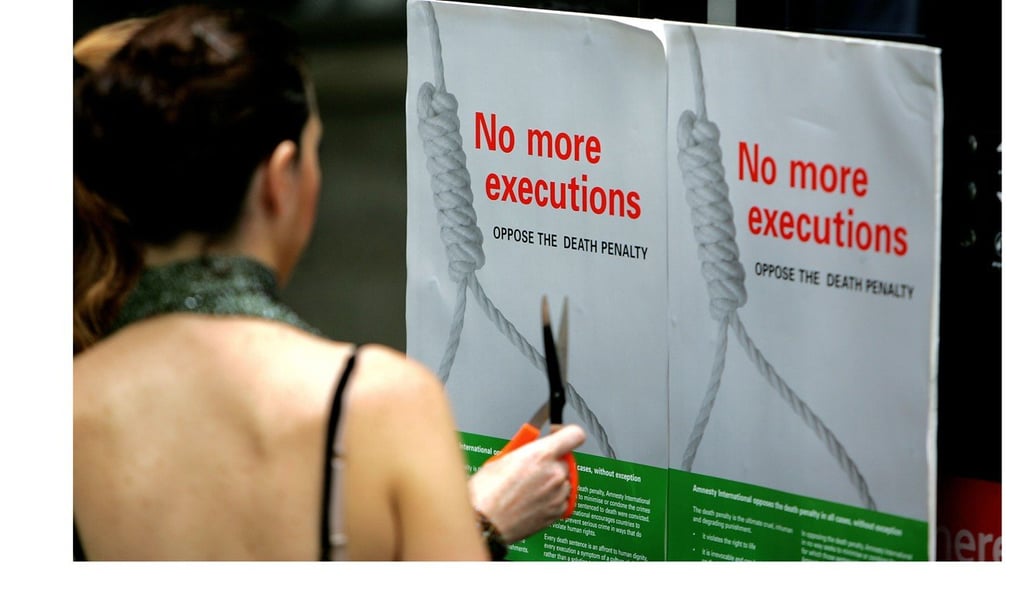Malaysian watchdog sues Singapore home minister K. Shanmugam, challenges fake news law
- Lawyers for Liberty says the island nation’s use of the Pofma law is an attempt to ‘stifle or crack down on freedom of speech in Malaysia’
- The rights group had claimed prison officers in the island nation had been instructed to carry out a “brutal procedure” during hanging

The group is arguing the law is a violation of fundamental human rights and cannot be enforced in Malaysia as it goes against domestic public policy.

Although the two neighbouring nations have a long-standing reciprocal agreement to recognise and execute warrants of arrest, going against national public policy is one of the exceptions to the enforcement of foreign judgments.
“The reason we brought this suit is that it’s an attempt by Singapore to encroach upon, stifle or crack down on freedom of speech in Malaysia. It is an attempt to reach out their tentacles and impose their own oppressive fake news act on Malaysians issuing statements in Malaysia,” said Lawyers for Liberty adviser N. Surendran, an anti-death penalty activist and former member of parliament who is named as one of the plaintiffs in the suit, alongside Lawyers for Liberty director Melissa Sasidaran and the organisation itself.